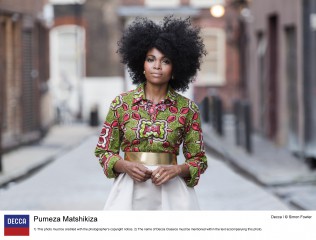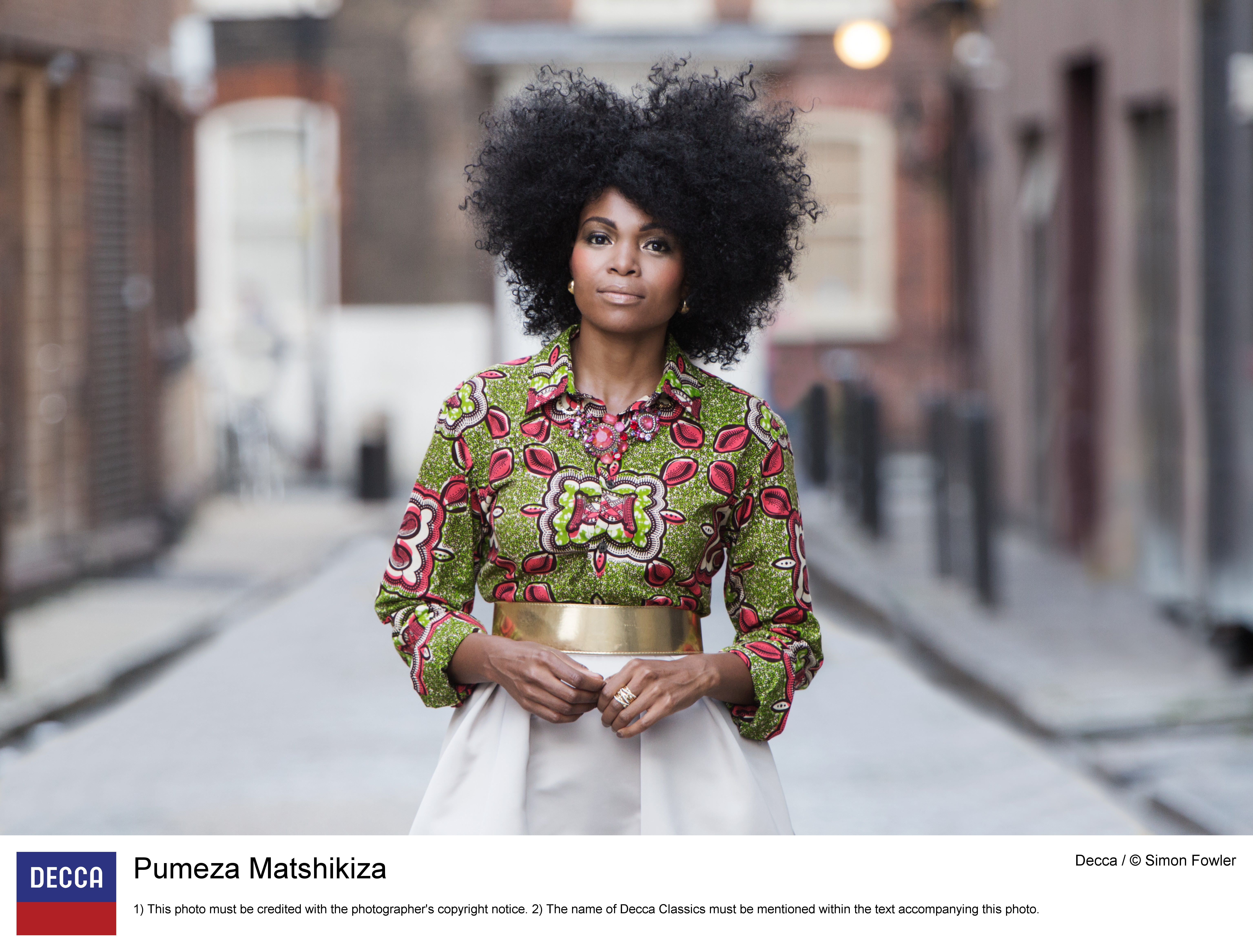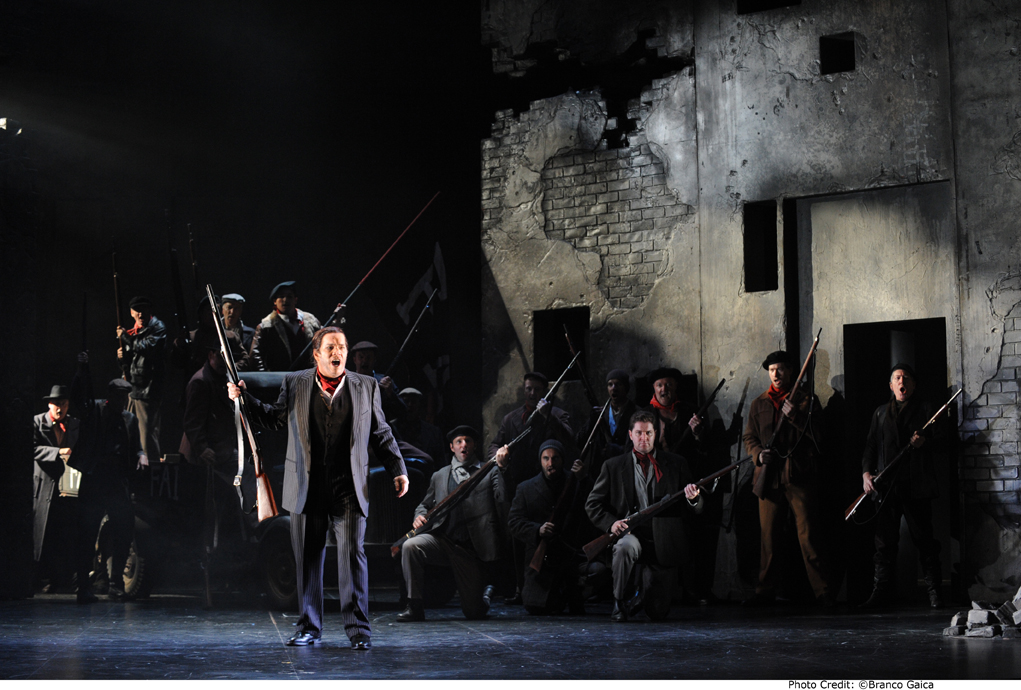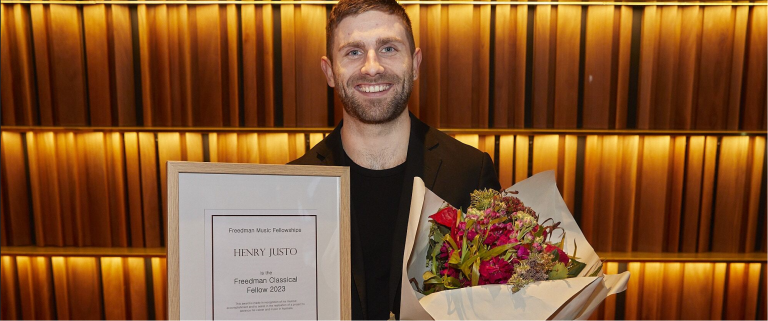“The Voice Is Number One” – Pumeza Matshikiza On Her Life As An Opera Singer

For centuries, opera has been an European art form – its tales and music emerging from the literature, the librettists and the composers of the European continent. With the discovery of the New World, the art form reached across the Atlantic. It was only in 1955 that Marian Anderson (b1897) became the first African-American to perform with New York’s Metropolitan Opera (she sang the role of the exotic gypsy Ulrica in Giuseppe Verdi’s Un ballo in maschera), followed in 1956 by her compatriot Matwilda Dobbs ( b 1925) singing the role of Gilda in Rigoletto. The pioneering Dobbs’ roles were not limited to exotic characters. She was also the first woman of colour to sing at La Scala and she went on to sing in opera houses around Europe, England and the US.
Since then, the presence of black female singers on the opera stage has been negligible – until luminaries like Jessye Norman and Leontyne Price, Barbara Hendricks and Kathleen Battle broke down more barriers. But these were singers who were born and bred in societies with access to the resources to hear and learn music. Lyric soprano Pumeza Matshikiza’s journey to the global stage is all the more remarkable because her early environment was one where the study of music was not richly resourced. Born into a Xhosa family in South Africa, she grew up in the townships as the nation grappled with its history, as it broke free of apartheid.
Presently a member of the ensemble at the Staatsoper in Stuttgart, Pumeza’s career involves a country-hopping schedule of operas, recitals and recordings. She has just released her second album Arias and has three more in the pipeline. Her roles include Mimi and Micaela, Susanna, Zerlina and Pamina; she sang at the wedding of Prince Albert of Monaco; later this year, she will sing Serena in Porgy and Bess at La Scala.
Pumeza was in Sydney very briefly, performing for the Joan Sutherland and Richard Bonynge Foundation, when I spoke to her about her life as an opera singer. Travel weary after her flight from London, Pumeza was gracious and gently spoken as she sipped her lemon and ginger tea. One of the strongest anchors during those violent years, she says, was choral singing. “Access to choral music – that’s the one thing that kept me going” she muses. ” I sang in school choirs from the age of 7 or 8 and sang right through high school. In high school I also started singing in community choirs – always part songs. We sang a mixture of vernacular choral music, pop music and oratorio choruses – but I didn’t know they were oratorio choruses at the time!”
Then came the inspirational moment when she happened upon the voice of Swiss soprano Edith Mathis singing on the radio. The young Pumeza went on to attend the South African College of Music and the Royal College of Music in London, winning a place on the Jette Parker Young Artist programme at the Royal Opera Covent Garden. As an established singer now, she desists from having role models, preferring to concentrate instead, on developing her own style and continuing a lifelong journey of learning, voice coaching and mastering operatic roles.
How different would it be for young female African singer today? “I think it could be difficult financially, but I don’t think it would be difficult in terms of being exposed to this kind of music. What I would tell them is that they should really know that it’s the one thing that they want to do; it involves a lot of hard work and it’s a job where you travel a lot, so you are alone most of the time. It’s not glamorous at all. It looks glamorous when you’re wearing the beautiful dresses but it is hard work.”
Away form the hard work, for Pumeza, relaxing means listening to orchestral music or the sonatas of Beethoven and Mozart. “The appeal” she explains “is that I like listening to music in its purest form without someone singing – just music without words. I do like Bruckner, I love Mahler, Rachmaninoff and Tchaikovsky.”
Our conversation moves to her recently released second album, Arias. Her first album, Voice of Hope, was released in 2014. Between them they represent a remarkable confluence of cultures that reflect Pumeza’s life. Arias is an anthology of works from opera (roles she has sung and roles to come), Art Song and Latin inspired songs; Voice of Hope includes arias from opera as well as music from South Africa, notably songs made famous by Miriam Makeba, who was also from the Xhosa people. Chameleon-like, Pumeza is able to adapt her performance and technique to the various diverse styles – including the famous Xhosa Click Song and Pata Pata, made famous by Makeba.
Recreating the massive energy of opera in the recording studio is challenge and Pumeza admits she is not so fond of recording. “I prefer to sing live in an opera or a concert than to record, but I have to find a way of making myself totally comfortable and bringing all the drama of the opera in to the recording. A recording is so exposed and you’re doing it without the support of the audience so it is something I am still finding out. Sometimes recording different arias from different operas needs a change of gears which can be difficult; sometimes the range of the arias being recorded are totally different – maybe a high piece and a low piece and a funny piece and serious piece all in one day and that can also be quite tricky.”
21st Century opera reflects a melting pot of cultures. Today, a single cast for an opera can feature singers from the five continents, regardless of whether their natural looks are congruent with the role they play. Audiences are accustomed to a Don Jose from Korea; Turandot may be dark-skinned; conversely, New York’s Met has stopped ‘blacking up’ singers who play Otello. Pumeza is all for it. “For me, having a mixed cast doesn’t matter but of course I say this because I am an African and I’m singing opera. When I go to an opera, it is the voice that strikes me. As long as we are all serving the music, that it the most important thing. The voice is number one.”
The globalisation of the profession, opera in the cinema, faster travel and greater mobility across borders are all elements which have created pressures in the profession. Is it harder to get roles in this climate? “Everyone now has to have a beautiful voice, sing perfectly and look good” she observes, “and if you can’t do it, there is someone else to do it, so the competition is hard, but I never think in those terms. Maybe I should but I don’t. I’m happy to be singing the things that I’m singing and to have the opportunity to sing. I also think that other people deserve to sing so it’s better there be competition than not giving opportunities to people.”
The downside of these pressures, she believes, is a loss of quality in the profession and even an attrition of talent. ” I think these days the conductors who are really attentive to the way the singers are performing, are getting rare. We have to produce so much I don’t think quality is that important any more which is a shame because quality needs time – time to grow. It is a shame but you can lose artists in this way. I just did a recital with a pianist in Germany. We rehearsed one day, and the next day we were on stage. It happens more and more that there is not enough rehearsal time. I would like to take a month going through the material, but if someone is really good they’re very busy. They need to be here and there and there and they don’t have time. They’re making money and they don’t want to say ‘No’ to jobs. I think this cheats audiences a lot. But people are very happy with just having the name – two big names are there so the concert is fine no matter what. This, I don’t like,” she adds firmly.
Inevitably, we confront the topic of type casting. “Actually, one of my friends asked me this question. At La Scala I sang Eve who is a black woman (in ‘CO2’, Giorgio Battistelli’s opera on climate change) and my second invite is to sing Serena in Porgy and Bess.”
“I have not really thought about it that way but he may have had a point. I am not necessarily type cast in general – I have sung Mimi, Micaela, Susanna, and other roles so, no, I’m not type cast – maybe in some places I am, but that does not mean it applies everywhere.”
Pumeza is relentlessly objective about her status as black female in the profession and resists the thought that race might play a part in the opportunities that come her way. “There are many things that happen in this business” she muses. “There are politics everywhere. I have a friend who is a very good mezzo-soprano but she can’t a get job because she is forever told that she is fat; I know a good tenor but whenever people who are interested in him see him they say ‘Oh you are so short!’ and he is out of work because of that – so it is possible that there are people who will not employ me because I am black but there are people who employ me regardless. How do I know that I didn’t get this part because I am black or because I didn’t do a good audition – I can never know can I? So it depends on how I want to look at it.”
Will Pumeza’s visit to Sydney pave the way for a return tour? “There are people working on it!” she says mysteriously.
Shamistha de Soysa for SoundsLikeSydney©






